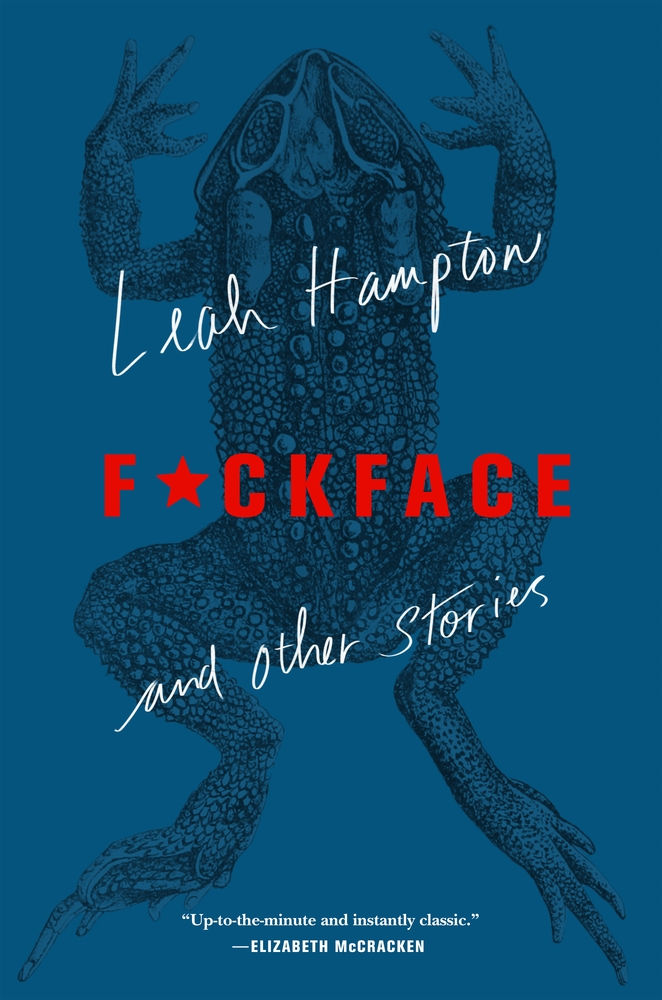Lab Member Spotlight: Leah Hampton
- Confluence Lab
- Jul 12, 2022
- 2 min read
Updated: Nov 14, 2022

Leah Hampton’s journey with the Confluence Lab began fall 2021. She is the Environmental Humanities Fellow in Residence and the project coordinator for Stories of Fire, a project in partnership with Whitman College and the University of Oregon under the University of Oregon’s Pacific Northwest Just Futures Institute for Racial and Climate Justice. It is funded by the Andrew W. Mellon Foundation.
Confluence Work & Beyond
In partnership with the Confluence Lab, Hampton is working on Stories of Fire, a project to create a polyvocal atlas to amplify stories around social and environmental justice in normally underrepresented rural communities. Through 2022, she will be conducting community workshops on the impacts of wildfires and other climate changes in the region. Her workshops will focus on finding ways to help people process the impact fire has had on their communities and how regional fires factor into the bigger picture of climate change. Hampton will also be teaching classes for the English department at the university.
Hampton is the author of F*ckface, a collection of short stories about “people dealing with the environmental apocalypse who will never have the resources to fix it… or will they?”(Hampton). Her debut collection has been called the best book of 2020 by The Paris Review, the New York Public Library, Slate and more. It is a direct response to the impact of climate change and the destruction to Hampton’s home in Appalachia.
Hampton’s Background
Ever since she was a little girl, Leah Hampton has been writing stories. Her first stories were focused on folklore and fairytales, but always were tied to the mountains she called home. Her life took her in several other directions, but about seven years ago her path brought her to writing as a career and that became her main focus. However, she still stuck to her roots in North Carolina and wrote about the places she grew up and loved.
While writing about the places she loved, Hampton noticed the ecological destruction occurring before her eyes, the kind of changes that leave destruction in their wake. The damage done to Appalachia and the surrounding area due to climate change has been a major part of her stories. Her next project will continue to focus on her love for her home in Appalachia, but it will look back to her roots as it focuses on folklore and oral traditions.
Hampton’s poems, stories, and essays are published across many platforms and have received several different awards. Hampton’s essays have appeared in Guernica, an online magazine that focuses on art and politics, LitHub, an extensive literary website, and McSweeny’s, a literary journal that focuses on short stories, illustrations, and reportage. Her short story Parkway was included in the 26th issue of Ecotone, a literary journal that focuses on publishing the best of location-based fiction across the nation.
She is a graduate of the Michener Center for Writers in Austin, Texas, where she studied and wrote for three years. She has been awarded the Philip Roth Residency at the Stadler Center for Poetry and UT-Austin’s Keene Prize for Literature. Her awards list also includes several regional prizes including the Doris Betts Fiction Prize and the James Hurst Prize for Fiction.


Comments